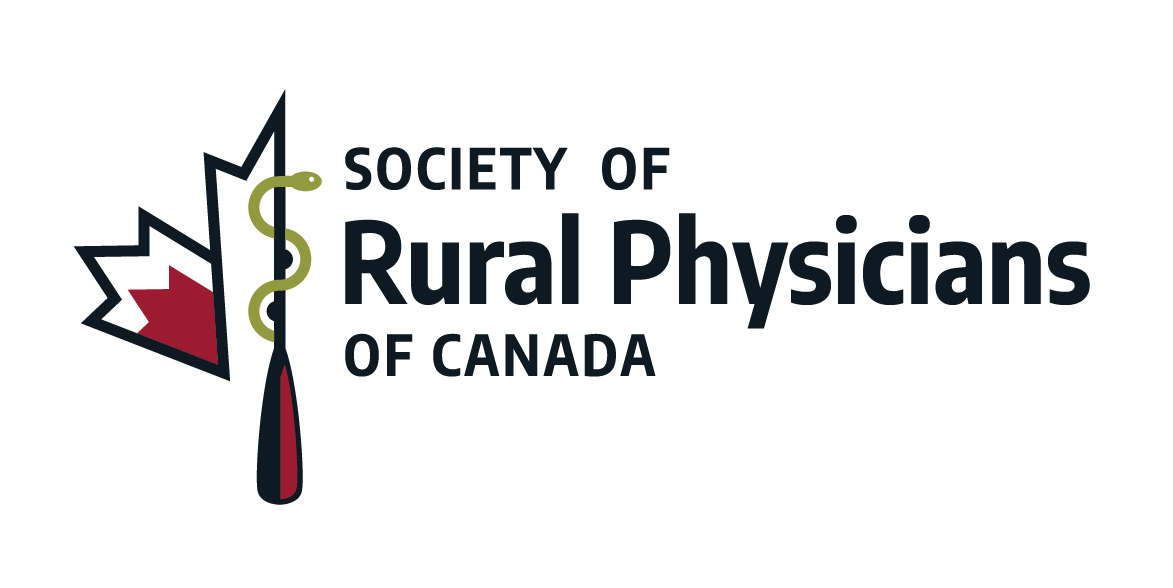Menu
Log in
Media Releases
Access rural resources directly in your inbox Subscribe to our newsletter to gain valuable insight into the state of Rural Healthcare, access CME Accredited continuing education, and find updates on premier conferences and events. Donate: | Contact: Phone 819-647-7054
|
©Copyright 2023 - Society of Rural Physicians of Canada - All Rights Reserved.

